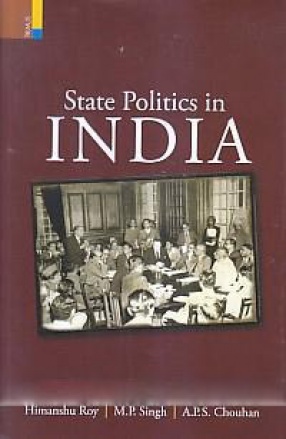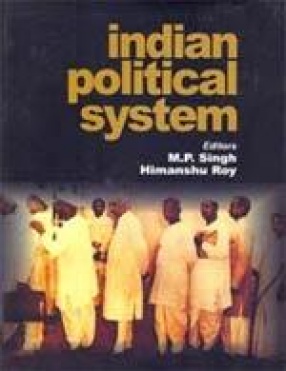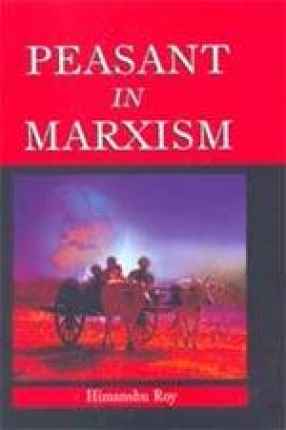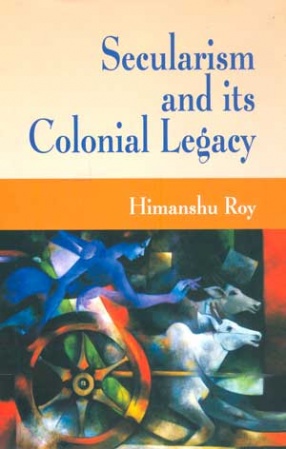
Showing all 4 books





Indian states in history, unlike Europe, have rarely been theocratic. Nether were they ideologically premised on the religious majority-minority divide. The mass existence of different layers of peasantry located in natural-subsistence economy enjoying large degree of freedom acted as bulwark against theocracy and divisive paradigm. The colonial state, however, for the first time, introduced the religious divisive paradigm in 1909 in connivances with Muslim elite ...

Contemporary post- Colonial Indian history continues to be haunted by the political economy of the colonial era. The capitalist expansion of the economy and consensus on the fundamentals of the political issues are the hallmarks of this trend. This is clearly manifested in the policies and action of different organs of the state and in programmes and behaviour of different political parties. The social movements and protests, on the other hand, have not fully ...

In the history of Marxism, theoretical formulations and praxis on the peasant question have been constantly in the flux. Marx’s unambiguous and critical writings on peasantry and the contradictory prevalent social conditions have splitted the Marxists in two theoretically hostile camps. In one camp were Marx-Engels, Plekhanov and Rosa Luxemburg who did not compromise with peasants’ programmes; in another camp were E.Bernstein, K. Kautsky, Lenin and Mao who ...
